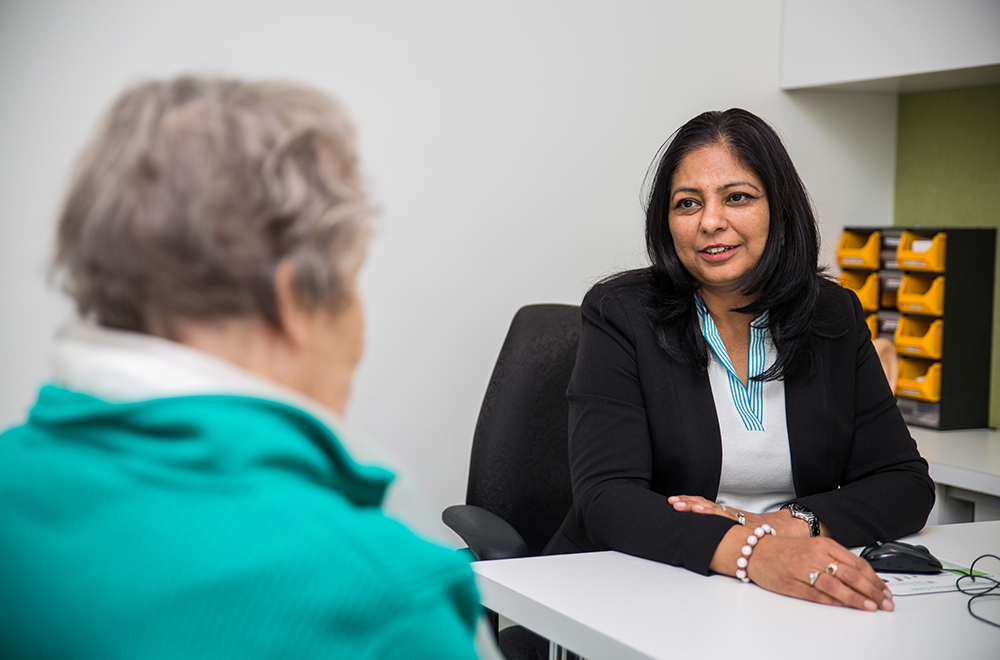A new search tool to help the estimated one in six Australians experiencing hearing loss has been launched by Audiology Australia.
The ‘Find and Audiologist’ search tool has a data base of 400 audiologists to assist those seeking care for their hearing health find the right accredited clinician.
Hearing loss is diagnosed by audiologists who can help people preserve, manage and improve their hearing and balance and the ability to process and understand sounds.
Clinicians on the new search tool are accredited by Audiology Australia and participate in ongoing professional development to offer the highest quality care and provide services lawfully, safely and in the best interest of their clients.
Audiology Australia CEO Dr Tony Coles said the new tool is an important way to make it easier for consumers to visit an accredited audiologist for regular hearing checks.
“Australians across the country can use the tool find an audiologist based on their geographic location or the clinician’s specialty area. It can also be used to look up audiologists by name and check that their current clinician, or one that they have been referred to by a GP, is accredited.”
He said being able to communicate with a clinician is extremely important in this field and those with different language preferences are able to utilise the search tool to find an audiologist who speaks their preferred language, with over 40 language options available in the database.
According to Audiology Australia president, Dr Barbra Timmer, Australians often neglect their hearing health. “We get our teeth and eyes checked regularly, but our hearing seems to be forgotten. There are many ways to improve hearing health, especially if the symptoms are recognised and treated early. It can take people years to seek help after they notice the initial signs of hearing loss. This is simply too long to wait,” she said.
Hearing health can have a significant impact on a person’s overall health and wellbeing. Research suggests that people with mild symptoms of hearing loss may be twice as likely to develop dementia and patients with even low-frequency hearing loss should be regarded as ‘at risk’ for cardiovascular events.
Almost 3.6 million Australians suffer from hearing loss and over 1.3 million people are living with a preventable hearing condition. Projections show that prevalence is expected to more than double by 2060.
The biggest causes of hearing loss are age and excessive exposure to loud noise and it costs the Australian government an estimated $15.9 billion annually, with 81% of this funding accounting for productivity losses, as well as reduced employment and informal care costs..

